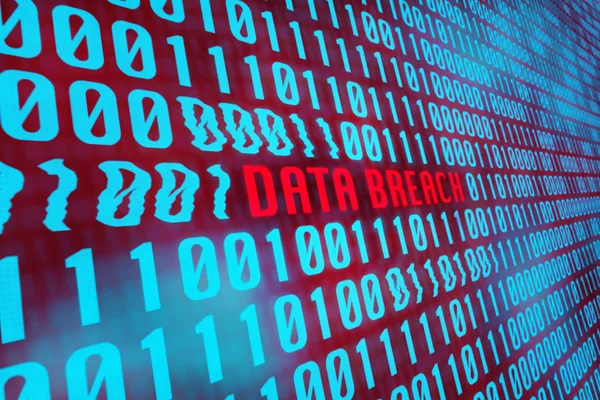In today’s digital world, personal information is one of the most valuable assets, but it is also one of the most vulnerable. Data breaches have become increasingly common, with hackers targeting businesses, government agencies, and other organizations to steal sensitive information. The consequences of these breaches can be devastating, not just for the organizations involved, but for the individuals whose personal information is exposed.
A data breach occurs when unauthorized individuals gain access to an organization’s data, often through hacking, phishing, or other cyberattacks. The information stolen can include anything from credit card numbers and social security numbers to medical records and personal correspondence. Once this data is in the hands of criminals, it can be used for a variety of malicious purposes, including identity theft, financial fraud, and blackmail.
The impact of data breaches on individuals can be severe. Victims of identity theft may find themselves facing financial ruin, as criminals use their personal information to open credit accounts, take out loans, and make fraudulent purchases. Even if the financial losses are eventually recovered, the process can be time-consuming and stressful. Moreover, the long-term consequences of a data breach can be difficult to fully assess, as stolen information can be used years after the initial breach.
Businesses have a responsibility to protect the personal information of their customers, employees, and partners. However, many organizations are not adequately prepared to prevent data breaches or respond effectively when they occur. Weak cybersecurity measures, outdated technology, and a lack of training can all contribute to the likelihood of a breach. Additionally, some businesses may prioritize profits over privacy, failing to invest in the necessary safeguards to protect sensitive data.
The growing threat of data breaches highlights the need for stronger cybersecurity measures and greater accountability from businesses. This includes implementing robust encryption, regularly updating security protocols, and providing employees with training on how to recognize and respond to potential threats. Additionally, businesses must be transparent about how they collect, store, and use personal information, and they must take immediate action to notify and support individuals affected by a breach.
Protecting personal information in the digital age is a shared responsibility. By taking proactive steps to safeguard data, businesses can help protect their customers and ensure that their trust is not misplaced.


